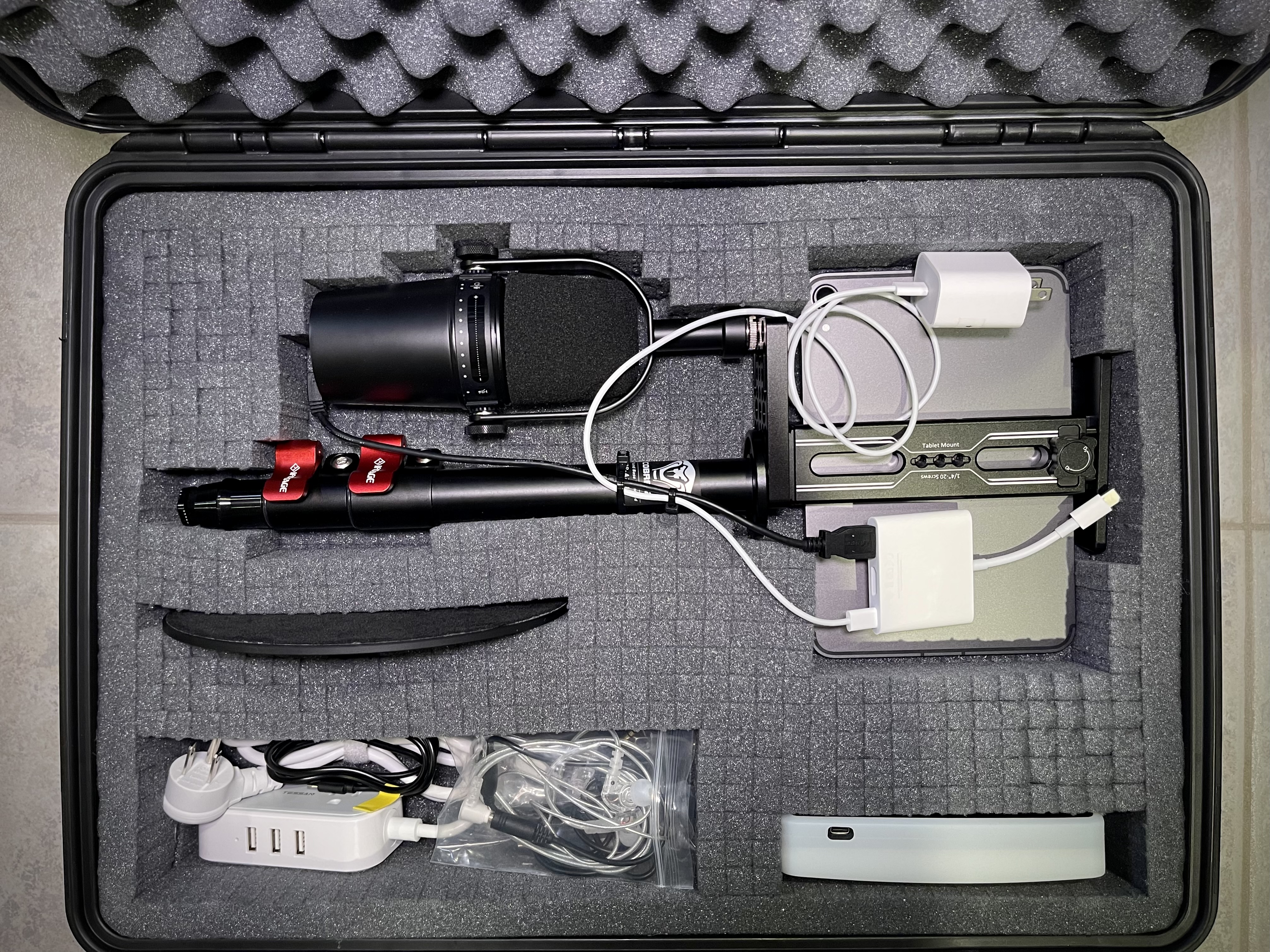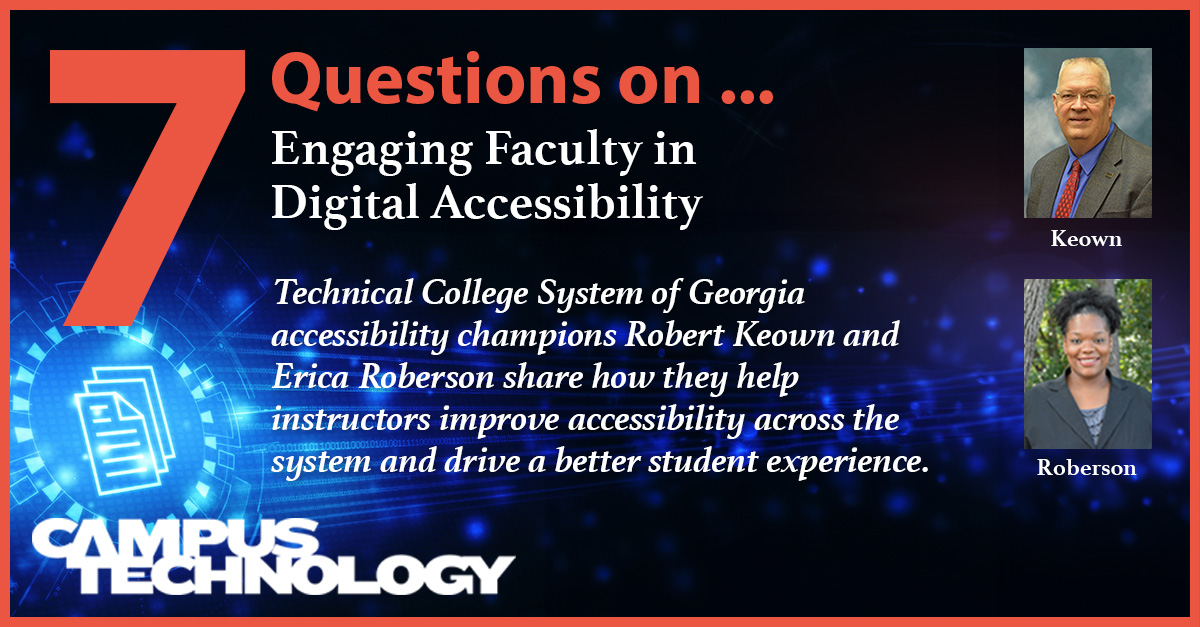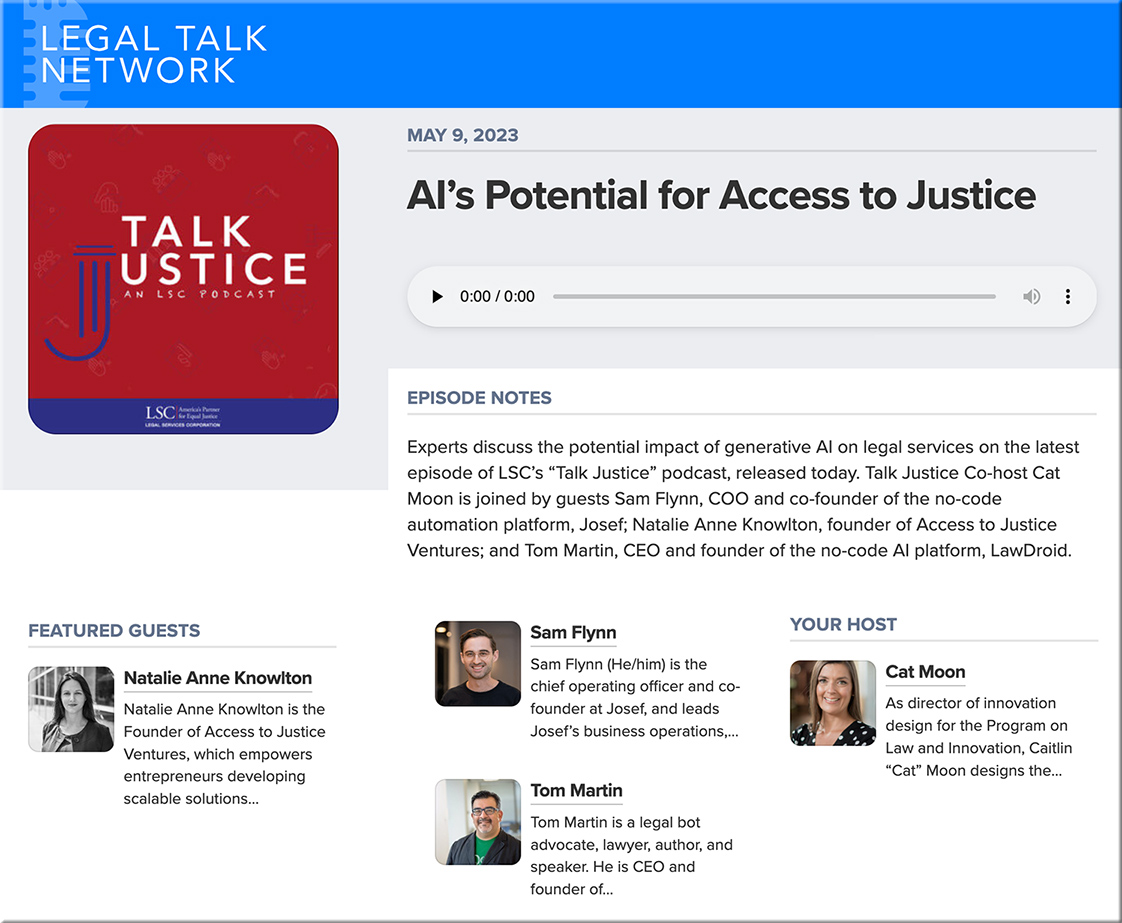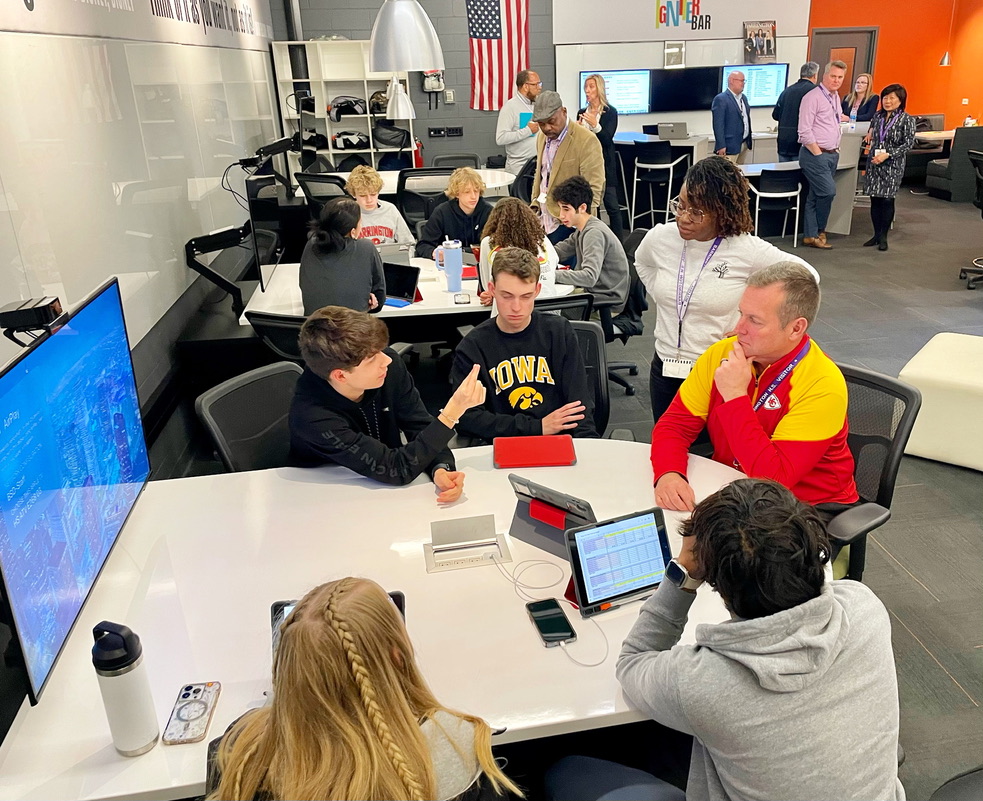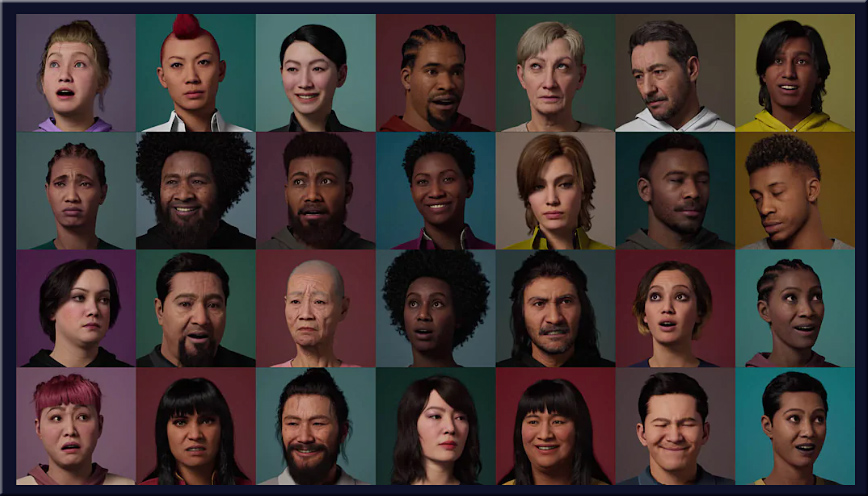Building Pre-K Students’ Skills to Codesign the Classroom — from edutopia.org by Sarika S. Gupta
In order to help ensure that young students’ needs are met, it’s important to seek feedback about their learning experiences.
VIEW CHILDREN AS ACTIVE LEADERS IN THEIR LEARNING
I was co-teaching in an inclusive preschool classroom 20 years ago when I led my first professional development workshop (the project approach). The aim was to show teachers that children could co-construct their learning experiences when they were invited to do so. Two groundbreaking Reggio Emilia books came to mind—Shoe and Meter and Everything Has a Shadow Except Ants. These inspirational books were part of a series published in collaboration with the Italian Ministry of Education called “The Unheard Voice of Children.”
The series recognized children as active leaders of their learning and endeavored to document the process of learning through children’s learning experiences.
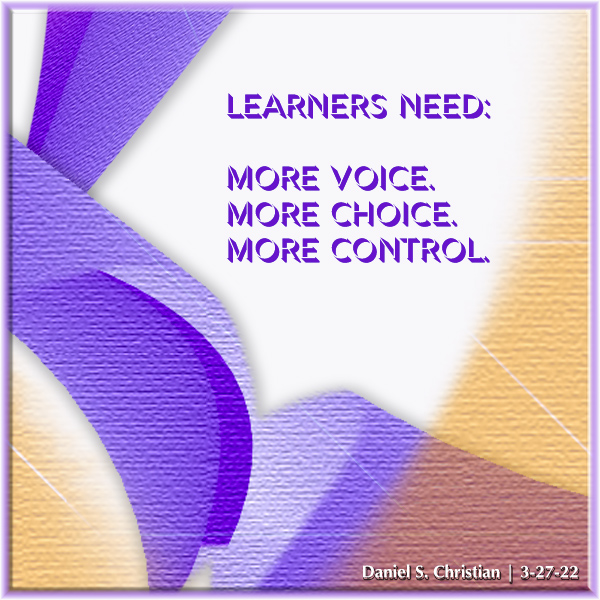
Let Kids Make Decisions — from edutopia.org by Sean Cassel
An overreliance on rules can backfire. Instead, teachers can focus on providing students with choices and teaching good decision-making skills.
I’ve deeply thought about that last part over the course of my career: Let kids make decisions. Twenty years later, I am a high school administrator tasked with enforcing rules every day. Let me be clear: Schools need rules to function, but they don’t have to be the focus. My school focuses on allowing students to make choices: It is a centerpiece of how we operate. And although kids don’t always make the right choices, often enough they do. An overreliance on rules, in either a classroom or an entire school, can limit the ability of students to grow and develop their decision-making skills.
Using Free Edtech Tools to Get to Know Your New Middle and High School Students — from edutopia.org by Matthew X. Joseph
Older students can use these tools to introduce themselves to their teachers and each other—even before school starts.
From DSC:
Some nice ideas and tools listed here to start developing relationships even before the first day of school.
An Intentional Approach to Improving Your Teaching Practice — from edutopia.org by Marcus Luther
By selecting one area for growth, collecting resources, and connecting with others, teachers can make meaningful improvements in the classroom.
Last summer, my focus was improving the level of inquiry in my classroom. I describe my process below, which transfers to any area or topic on which you might hope to focus your own professional learning.
Setting Up Libraries to Be the Best Space in School — from edutopia.org by Paige Tutt
We took a peek inside school libraries across America to see how librarians are reframing the space to support students’ social, emotional, and creative growth—while still prioritizing excellent reads.
The recently renovated library—now known as the Learning Commons—is a bright, spacious multipurpose hub within the school. There are bistro tables where kids can work together; comfortable and flexible seating; a makerspace where students can explore activities like sewing and jewelry making; an audio recording and production studio; and a video production studio where kids can create TikToks or YouTube videos using their phones or school-issued laptops. It’s a far cry from the space it used to be—an attendance sheet from 2008 tracked just 21 students signing into the library one day.










